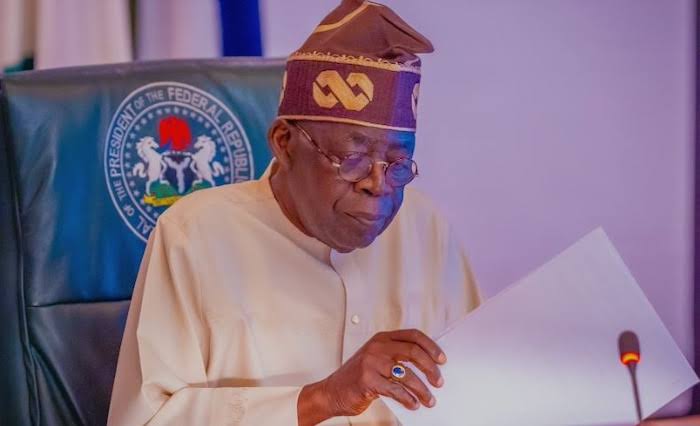The prolonged absence of ambassadors in Nigeria’s foreign missions has reached a critical point, stretching to 466 days since President Bola Ahmed Tinubu’s recall order, potentially undermining the nation’s diplomatic efforts and recent international economic agreements. This diplomatic void, affecting 109 missions worldwide, including 76 embassies, 22 high commissions, and 11 consulates, raises serious concerns about Nigeria’s global representation and engagement capabilities.
The situation has become particularly pressing as Nigeria seeks to capitalize on President Tinubu’s recent diplomatic missions to China, France, and South Africa, as well as the significant visit of Indian Prime Minister Narendra Modi to Nigeria. Veteran diplomats warn that the absence of ambassadorial representation could significantly diminish the potential benefits of these high-level international engagements.
Ambassador Sulaiman Dahiru, a seasoned career diplomat with experience as Nigeria’s representative to Sudan, Brazil, and the United Nations, emphasizes the unusual nature of this prolonged diplomatic vacuum. He warns that other nations might interpret this extended absence as a deliberate downgrading of diplomatic relations, potentially hampering Nigeria’s international interests.
While the government has appointed 14 consuls-general or Chargé d’Affaires for various countries in April 2024, these appointments fall short of addressing the fundamental need for full ambassadorial representation. These officials, typically junior-level diplomats, lack the authority and diplomatic weight to engage with heads of state or participate in critical international negotiations, severely limiting Nigeria’s diplomatic capabilities.
The impact of this diplomatic vacuum extends beyond mere representation. Ambassador Ogbole Amedu-Ode, former spokesman of the Ministry of Foreign Affairs, highlights how the absence of substantive heads of mission during President Tinubu’s recent state visits to France and South Africa has affected Nigeria’s ability to secure appropriate diplomatic courtesies and effectively advance national interests.
The situation becomes more critical when considering the practical implications for bilateral agreements. A recently recalled ambassador, speaking on condition of anonymity, explains that without ambassadorial presence, Nigeria stands to gain little from the bilateral agreements President Tinubu has been signing during his international engagements. The diplomat notes that while other nations maintain their full diplomatic presence in Nigeria, enabling them to actively pursue their interests, Nigeria lacks the reciprocal capability to advance its own agenda.
The Ministry of Foreign Affairs, through Minister Yusuf Tuggar, has cited financial constraints as the primary reason for the delay in appointing new ambassadors. However, this explanation has been met with skepticism from diplomatic circles, with some arguing that it reflects a broader issue of prioritization within Nigeria’s governmental structure.
The process of appointing new ambassadors involves complex procedures, including security screenings and agreement processes with host countries, which can take between two to eight months. This timeline suggests that even after appointments are made, it could be several more months before Nigeria’s diplomatic missions are fully operational at the ambassadorial level.
The situation has also raised concerns about career diplomats whose opportunities for advancement are being affected by these delays. Many face the prospect of having less than two years to serve before retirement once appointments are finally made, potentially impacting the institutional knowledge and experience within Nigeria’s diplomatic corps.
In a recent development, the Ministry of Foreign Affairs has had to address the circulation of a fake list of ambassadorial nominees on social media, emphasizing that no official appointments have been made. However, sources within the presidency suggest that President Tinubu may announce new ambassadors in the coming week, potentially bringing an end to this prolonged diplomatic vacuum.
The current situation serves as a stark reminder of the importance of maintaining strong diplomatic representation abroad. As Nigeria continues to pursue its international interests and economic partnerships, the absence of ambassadors could have long-lasting implications for the country’s global standing and ability to effectively engage in international relations.
The resolution of this diplomatic vacuum becomes increasingly urgent as Nigeria seeks to maintain its position as a leading African nation and pursue its economic and political interests on the global stage. The success of recent international agreements and the country’s ability to effectively engage with the global community may well depend on how quickly this situation is resolved.



